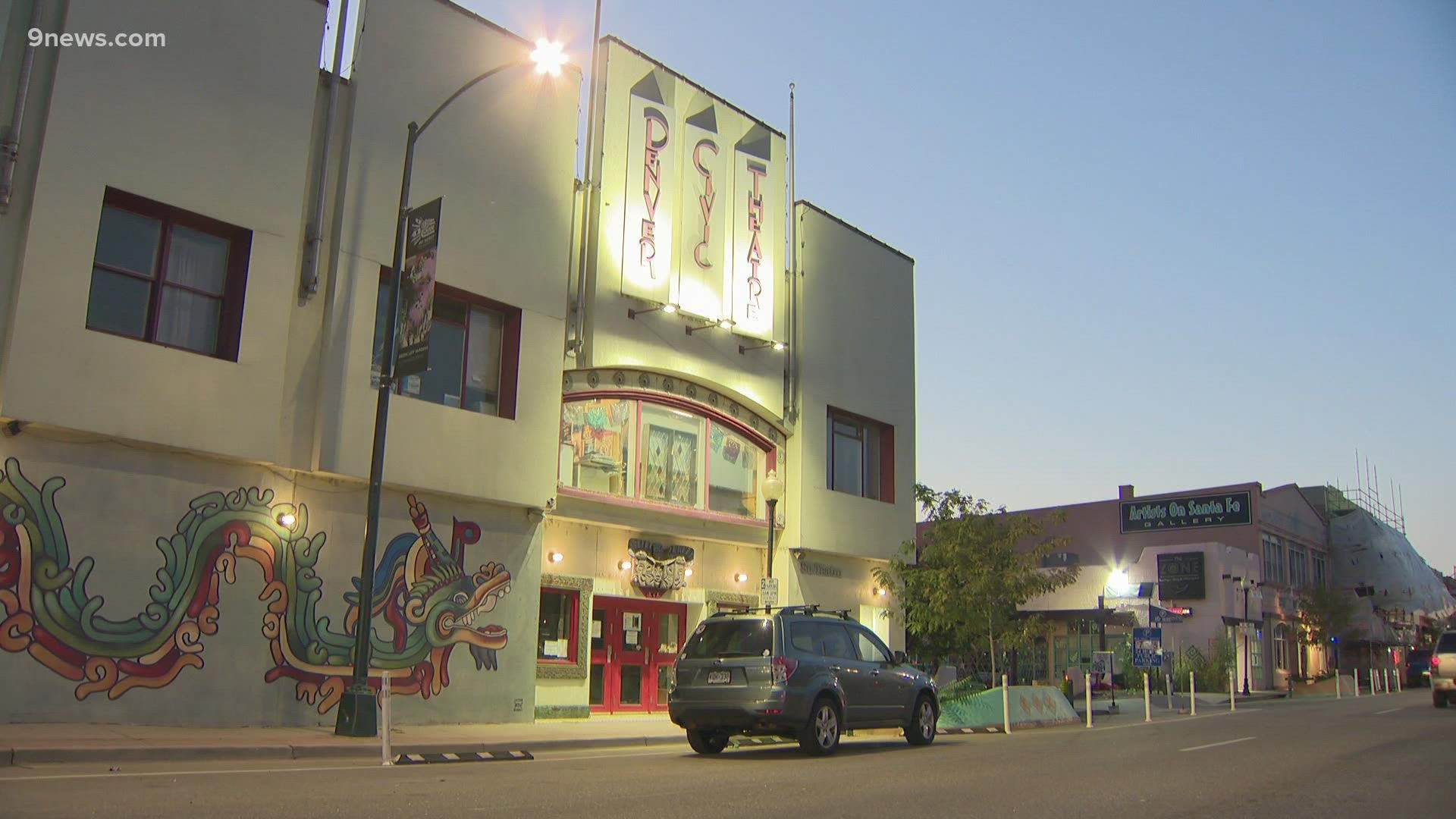Su Teatro highlights local Latino, Chicano community stories
The Latino-focused theatre company tells stories that speak to struggles, celebrations and lives of Latino and Chicano Coloradans.
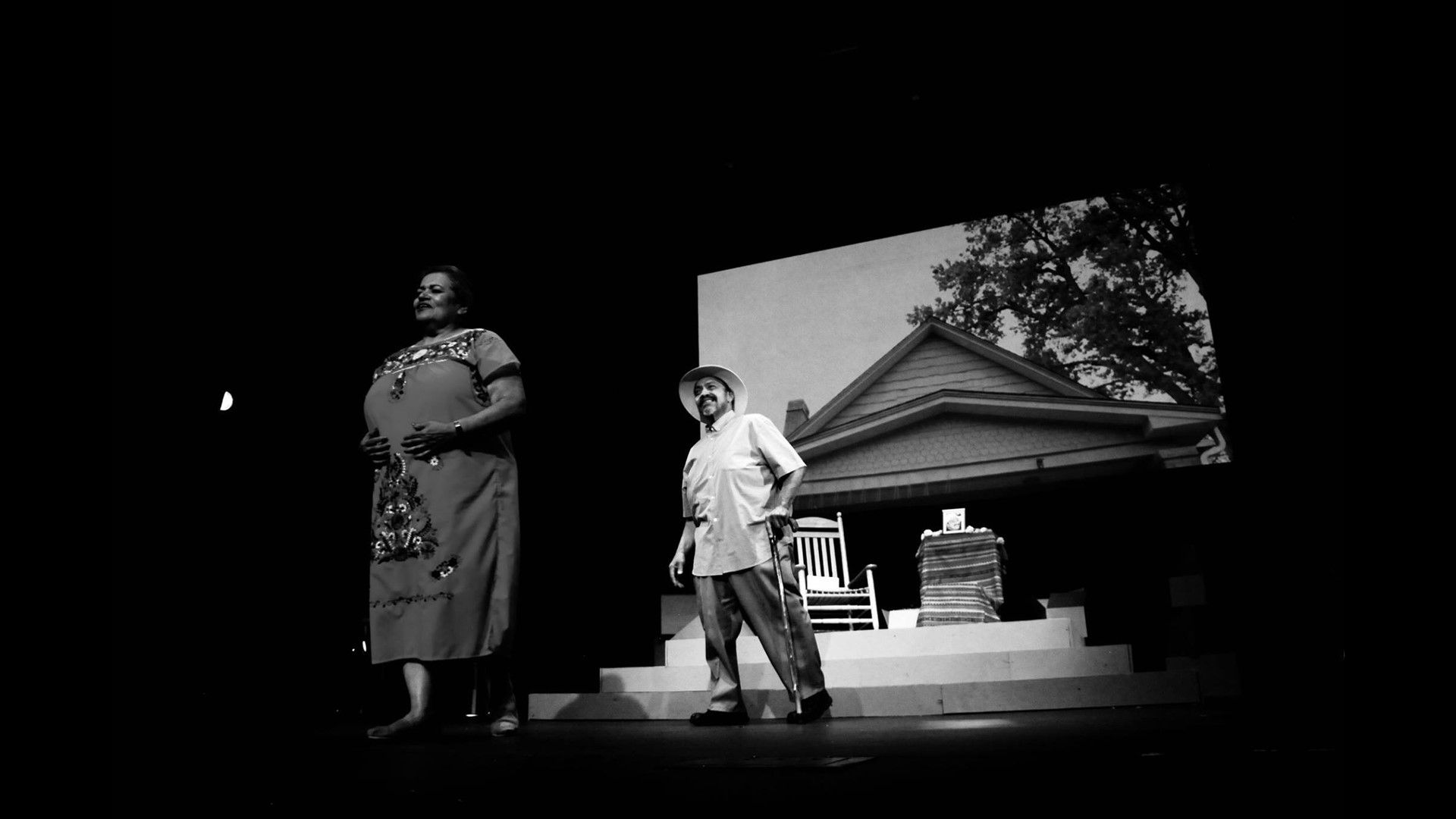
Theatre can be a place to escape from reality – Su Teatro aims to bring realities of Latinos and Chicanos to the stage.
Actress Yolanda Ortega has been doing just that with the Denver theatre for 48 years.
"We grew out of the Chicano movement and so in order to really talk about it, tell our stories, we needed to hear our stories and to know what was going on in the community," Ortega said. "It was kind of a give and take, the community was us, we were the community."
In every play, there's something that speaks to the struggles, celebrations and lives of Latino and Chicano Coloradans, Ortega said.
"A lot of issues centered around Latinos not having access to education, Chicanos who needed to get work, Chicanos in the arts even and people that were just struggling to exist and so we told those stories, but we also listened to those stories from our community."
Performers are currently rehearsing for El Corrido Del Barrio to kick off their 50th anniversary celebration. The play focuses on the families from the Auraria neighborhood that were displaced in the 1960s and it runs from Oct. 7 - 24. Tickets can be purchased here.
Before Su Teatro had a theatre, stage and seats to fill, their stage was in the community. They often put on plays in parks, people's backyards, functions, universities and colleges.
"That was important to our history and it really created a community within and without teatro, without the walls of teatro," Ortega said.
A look at some of Yolanda's most memorable performances
War of the Flowers

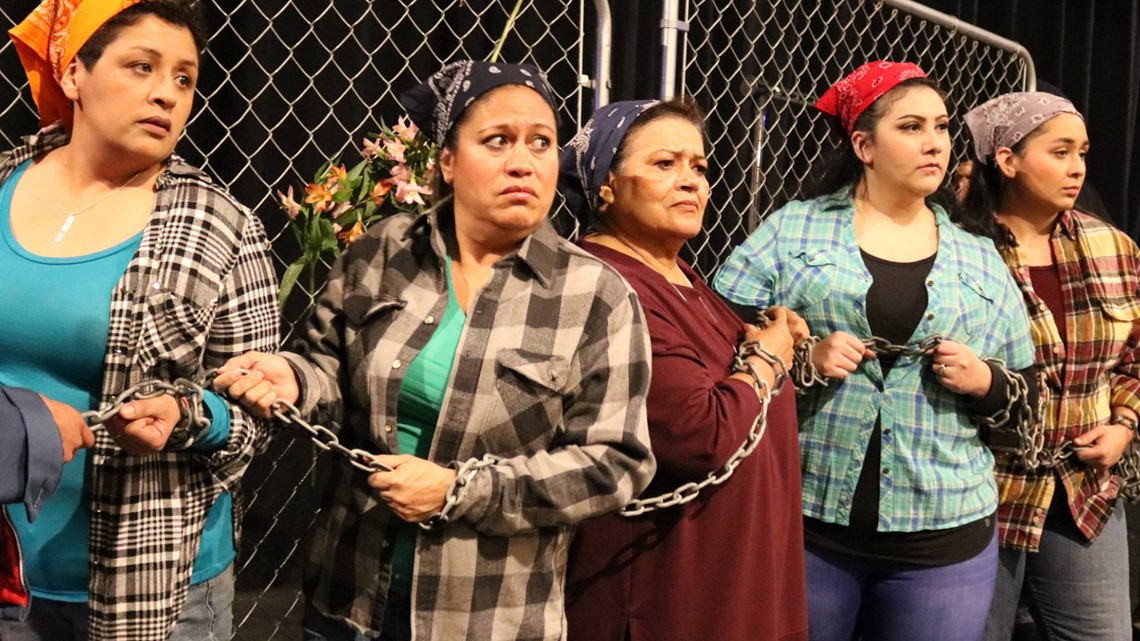
Su Teatro performers re-enacted a historic moment in Colorado's history that many do not know about. In 1968, five women led a labor strike outside of the Kitiyama Carnation plant to protest poor working conditions.
"I really loved being in War of the Flowers because it talked about how we took it on, in terms of strikes, in terms of demonstrating, the picket lines, all of those things created that movement that we became so familiar with and that was so important at that time in our history," Ortega said.
El Corrido del Barrio

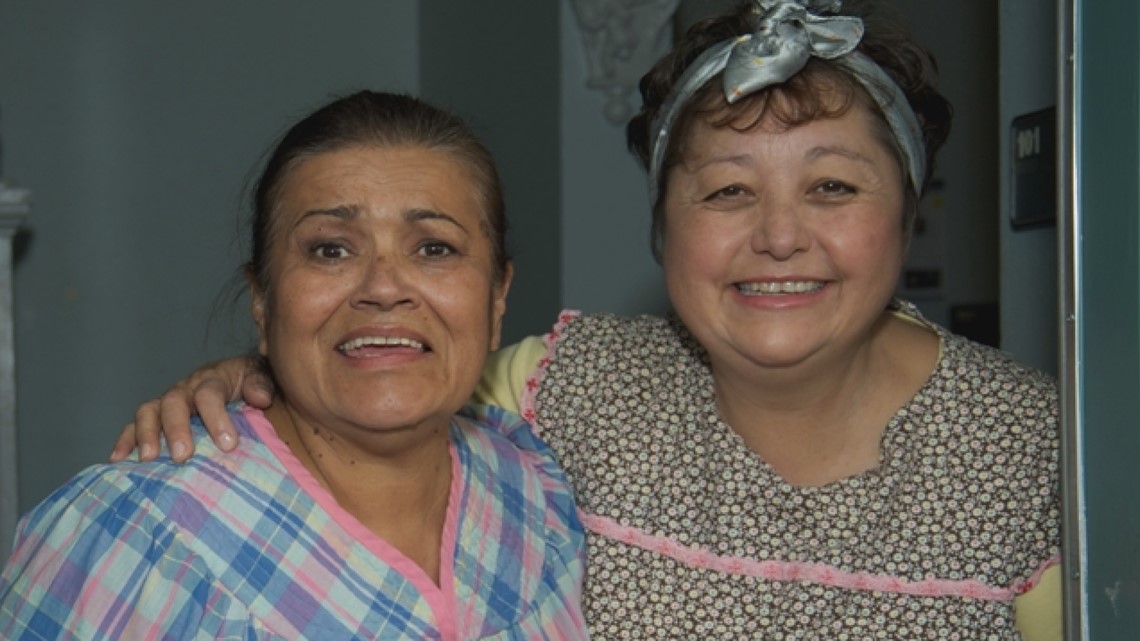
El Corrido del Barrio is a play about the displacement of Latino and Chicano families in Denver's west side. Ortega said this play is important to share so people do not forget the neighborhood that once existed in Auraria, where several universities now stand.
Ortega hopes people who see this play remember "the spirit of those people who wanted to so badly to stay there as neighbors and they were disbanded."
This play is especially personal to Ortega because she worked as an administrator at Metropolitan State University, one of the university's in the area.
"The descendants of the 'Aurarians' who used to live there were able to go get a college education, not too many people knew that so that was something that we were able to teach," she said. "I was part of making sure that promise be kept, as an administrator at Metro, and it’s important to me and this show is especially personal."
Bless Me, Ultima

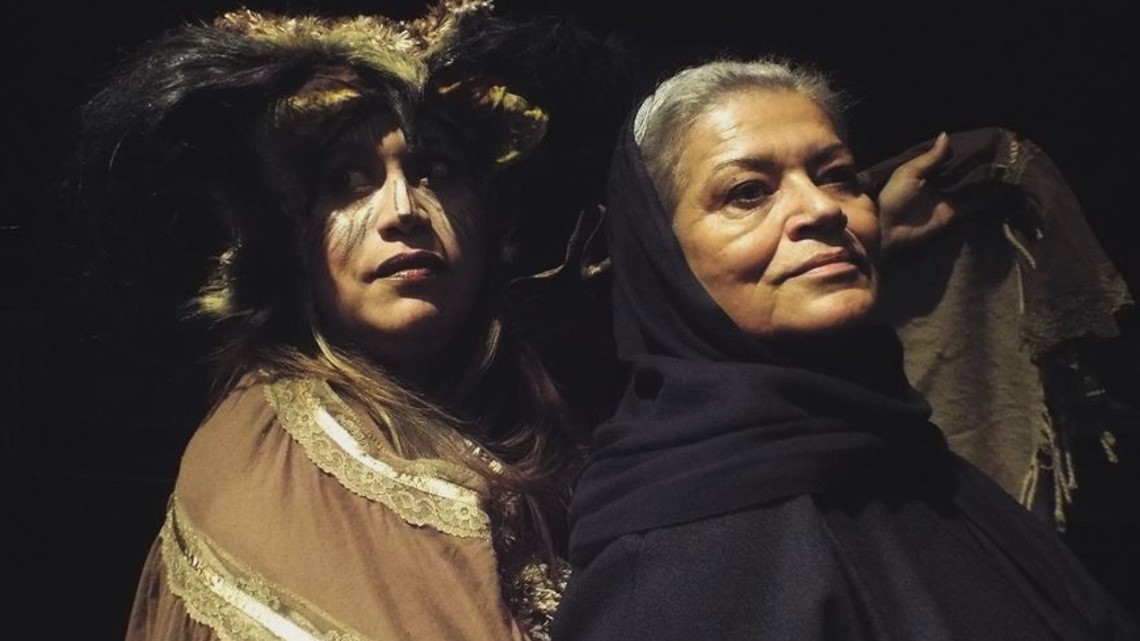
Ortega said she waited 30 years to play a character in Bless Mi Ultima. The play is an adaptation on the novel written by Rudolfo Anaya.
"People would come up and ask me to bless them, that my character Ultima would bless them, and at first I was embarrassed," Ortega said. "I was like oh how dare they, that’s kind of sacrilegious...I thought about it and one of the actors in the dressing room, she told me I think that’s a privilege, I think that’s something that it’s not about you, it’s about the character and how they felt, what that meant to them and so I would just say bless you."
"It's about sharing our Latino, Chicano experiences" Chapter 1
Ortega loves helping bring real stories of real Latinos and Chicanos. She calls it a blessing. "That’s so amazing to me that I’m part of that," she said. Performers see and hear the impact they make on the community after almost every show.
"Every night without fail, I will hear someone say you reminded me of my Tia, that's my story, my grandfather told me those stories before."
Ortega hopes the people who purchase tickets for a play, get more than just entertainment. "What they got hopefully was to be touched, was to relate, was to find out something or be educated about something they had no clue about."
She believes theatre is one way to not only educate, but also celebrate the resiliency of Latino/Chicano communities. "To me, celebration...it’s not just enjoying the good things about our culture or about our situation, but really looking at what are the challenges we face and how resilient we are, and that to me is amazing and that to me is what we need to keep professing," she said.
"We are a strong people, we come from a long long lineage of warriors, compassionate people and I think we need to be proud of that. That’s our heritage."
SUGGESTED VIDEOS: Voices of Change


